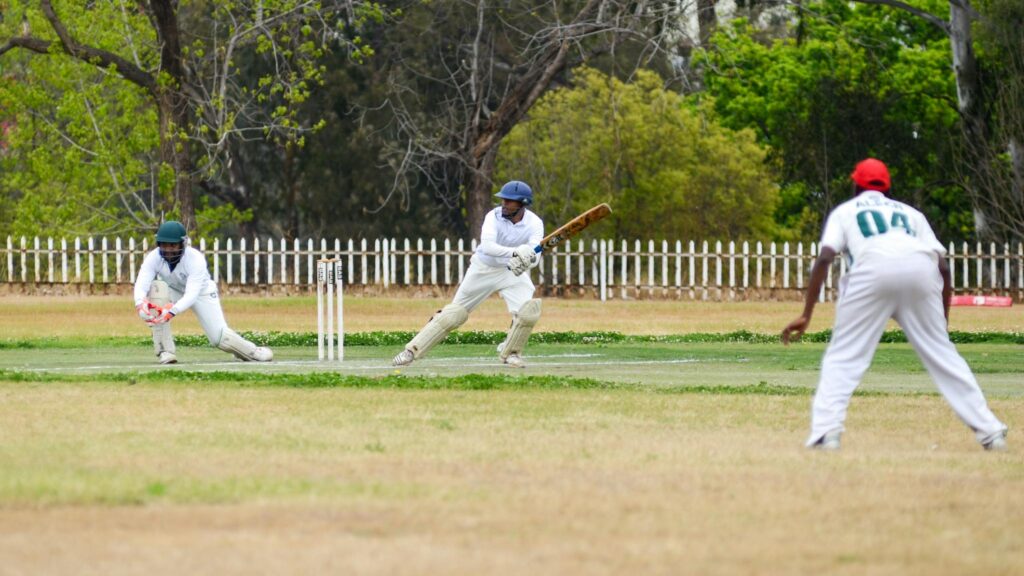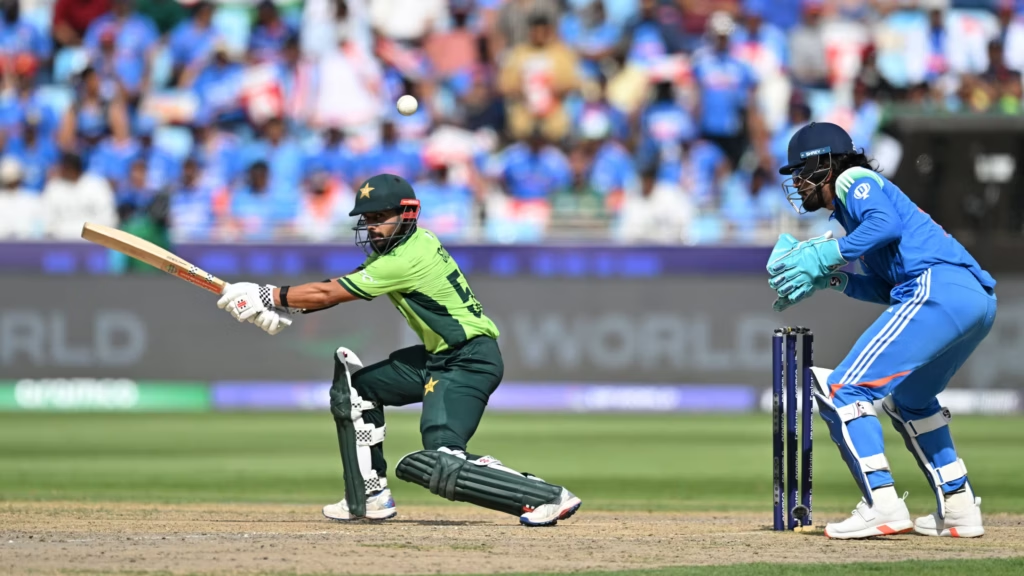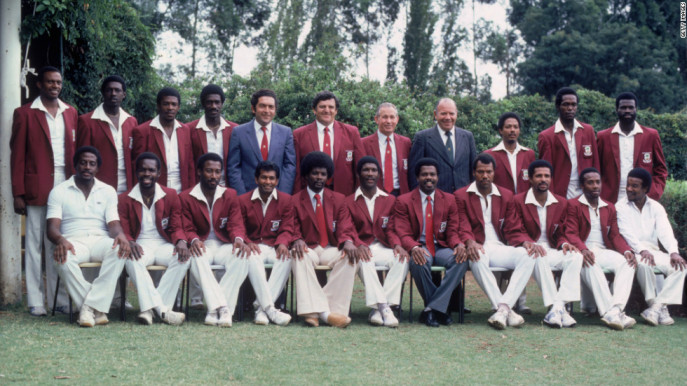
The Lure of Money in Shorter Formats: Is It Hurting West Indies Cricket?
Cricket in the Caribbean has always carried a special magic. From the dominance of the 1970s and 80s to the flamboyant flair of more recent times, West Indies cricket has given the world unforgettable moments. Yet in recent years, the regional team has struggled, particularly in Test and ODI formats. One of the most pressing questions is whether the lure of money in shorter forms of the game—especially T20 cricket—is at the heart of the problem.
Franchise Leagues and the Financial Divide
The global boom in T20 cricket has reshaped the economics of the sport. Competitions like the Indian Premier League (IPL), Pakistan Super League (PSL), and even the Caribbean Premier League (CPL) offer players financial rewards far beyond what a central contract from Cricket West Indies (CWI) can provide.
For many Caribbean cricketers, particularly those from smaller islands where opportunities outside cricket are limited, these leagues are not just attractive—they’re life-changing. A single season in a top franchise can eclipse an entire year’s salary playing for the West Indies.
National Duty vs. Personal Gain
This financial reality has led to a recurring dilemma. Top talents such as Chris Gayle, Andre Russell, Sunil Narine, and Kieron Pollard have often prioritized franchise cricket over representing the West Indies, especially in Tests and ODIs. As a result, the regional side has frequently fielded understrength teams, making it difficult to compete consistently on the international stage.
Decline of the Longer Formats
The golden era of West Indies cricket was built on dominance in Test matches. Fast forward to today, and the regional team finds itself near the bottom of the Test and ODI rankings. While governance, funding, and infrastructure challenges play a role, the steady drain of top talent to T20 leagues has undoubtedly weakened the depth and quality of the side.
The Positive Impact of T20
Despite its challenges, T20 cricket has not been all bad for the Caribbean. In fact, it has kept the region’s cricket alive on the global stage. The West Indies won the ICC T20 World Cup in both 2012 and 2016, displaying the same flair and fearlessness that once defined their Test supremacy.
Moreover, franchise cricket has given Caribbean players a platform to shine internationally, inspiring young fans and bringing exposure and income into the region. For many players, T20 cricket is not just about money but also about opportunity and recognition.
Finding the Balance
The real challenge lies not in blaming T20 cricket, but in creating a balance between players’ financial ambitions and the prestige of representing the West Indies. Cricket West Indies must address structural issues—improving contracts, offering flexible scheduling, and rebuilding trust—to ensure that playing for the regional side remains both an honor and a financially viable choice.
Conclusion
Yes, the lure of money in shorter formats has undeniably affected West Indies cricket, particularly in the decline of its Test and ODI performances. However, it has also given players economic freedom and global exposure. The key is balance: finding a way to let players enjoy the rewards of T20 while still safeguarding the legacy of West Indies cricket in all formats.
Until that balance is struck, the regional team risks being seen as a T20 powerhouse but a shadow of its former self in the longer forms of the game. The best West Indies Cricket allrounders of all time.






Leave a Reply